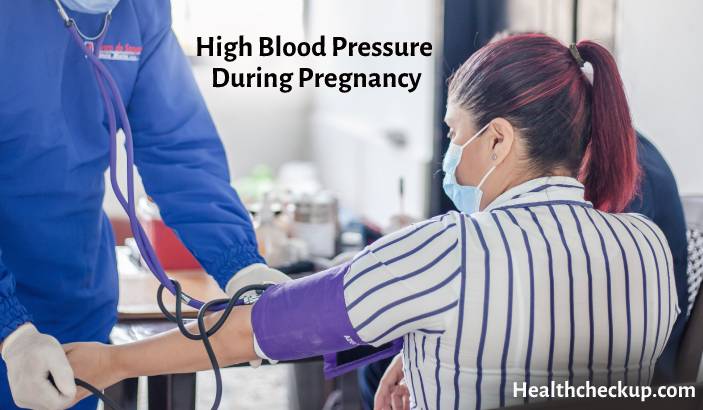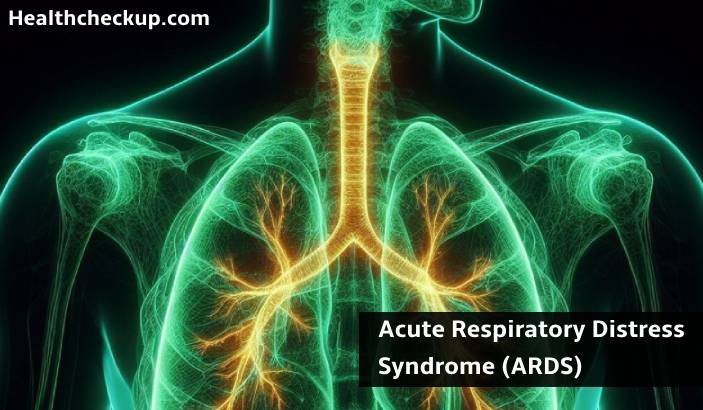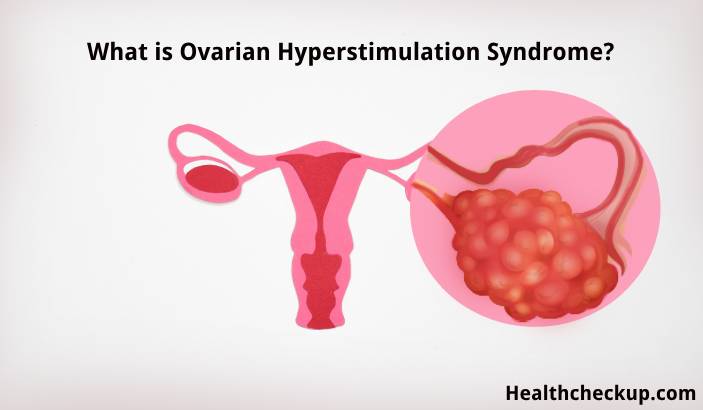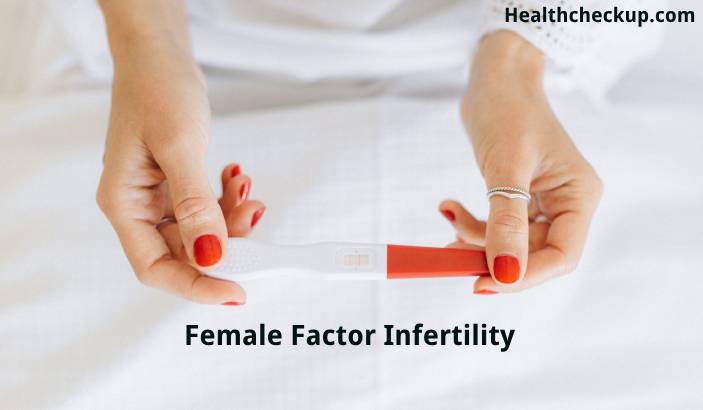High blood pressure, or hypertension, during pregnancy can be a serious condition that can lead to complications for both the mother and baby. It is important for pregnant women to have their blood pressure checked regularly and to work with their healthcare provider to manage their blood pressure if it is high. In this article, we will discuss the different types of high blood pressure during pregnancy, the risks associated with high blood pressure during pregnancy, and how high blood pressure is managed during pregnancy.
Types of high blood pressure during pregnancy:
- Chronic hypertension: Chronic hypertension is high blood pressure that was present before pregnancy or that develops before the 20th week of pregnancy. Women with chronic hypertension are at increased risk of complications such as preterm delivery, placental abruption (when the placenta separates from the uterus), and cesarean delivery.
- Gestational hypertension: Gestational hypertension is high blood pressure that develops after the 20th week of pregnancy. It usually resolves after delivery, but women who have had gestational hypertension are at increased risk of developing chronic hypertension later in life.
- Preeclampsia: Preeclampsia is a serious condition that occurs when a pregnant woman has high blood pressure and protein in her urine. It can lead to serious complications for both the mother and baby, including placental abruption, preterm delivery, and low birth weight.
Risks associated with high blood pressure during pregnancy:
- Preterm delivery: High blood pressure during pregnancy can increase the risk of preterm delivery, which is delivery before 37 weeks of pregnancy. Preterm delivery can lead to complications for the baby, including respiratory problems, developmental delays, and an increased risk of long-term health problems.
- Placental abruption: High blood pressure during pregnancy can increase the risk of placental abruption, which is when the placenta separates from the uterus. This can lead to bleeding, preterm delivery, and other complications.
- Cesarean delivery: High blood pressure during pregnancy can increase the risk of cesarean delivery, which is delivery by surgery through the abdomen.
Management of high blood pressure during pregnancy:
- Blood pressure monitoring: Blood pressure should be monitored regularly during pregnancy, and any changes should be reported to the healthcare provider.
- Medications: Depending on the severity of the high blood pressure, medications may be necessary to help lower blood pressure. It is important to work with the healthcare provider to determine the appropriate medication and dosage.
- Lifestyle changes: Making lifestyle changes, such as eating a healthy diet, getting regular exercise, and managing stress, can help lower blood pressure during pregnancy.
- Close monitoring: Women with high blood pressure during pregnancy may need to be monitored more closely, including more frequent prenatal visits and additional tests.
High blood pressure during pregnancy can be a serious condition, but with proper management, the risks to the mother and baby can be minimized. It is important for pregnant women to have their blood pressure checked regularly and to work with their healthcare provider to manage their blood pressure if it is high.








